Overheating in pets is a life threatening situation. Do you know the symptoms and what to do? Better yet, do you know how to prevent overheating?
How to Prevent Overheating
- Make sure pets have plenty of clean water

- Make sure pets have a shady place to get out of the sun
- Don’t over-exercise
- Keep them indoors when it is extremely hot
- Never leave a pet in a parked car
- Don’t let pets linger on hot asphalt
- Groom more often to remove excess hair
- Trim but do not shave pets with long hair
- During extreme heat, leave a fan on or the air conditioner even when you are not home
Symptoms of Overheating
- Excessive panting or difficulty breathing
- Increased heart and respiratory rate
- Drooling
- Confusion/Stupor
- Mild weakness
- The gums, tongue and conjunctiva of the eyes may be bright red
- Vomiting
- Diarrhea
- Collapse
What to do in an Emergency
- Remove the animal from the heat source
- Use a fan to increase air circulation
- Wet your pet with cool tap water
- Wrap in a wet towel
- If you are not sure if your pet is overheating, take its temperature*
Pets Especially at Risk
- Puppies up to 6 months of age
- Large dogs over 7 years of age and small dogs over 14 years
- Overweight pets
- Dogs who are overexerted
- Ill pets or those on medication
- Pets with short, wide heads like pugs, English bulldogs, Boston terriers and Persian cats
- Pets with cardiovascular disease and/or poor circulation
* Temperature guidelines
- Mildly increased temperature (less than 105°F) may only require rest, a fan to increase air circulation, fresh water to drink and careful observation.
- Markedly increased temperature (greater than 106°F) must be treated more aggressively. CALL YOUR VET!
Other Helpful Links
Be a Cool Owner: Don’t Let Your Dog Overheat
Visited 503 times, 1 visit(s) today





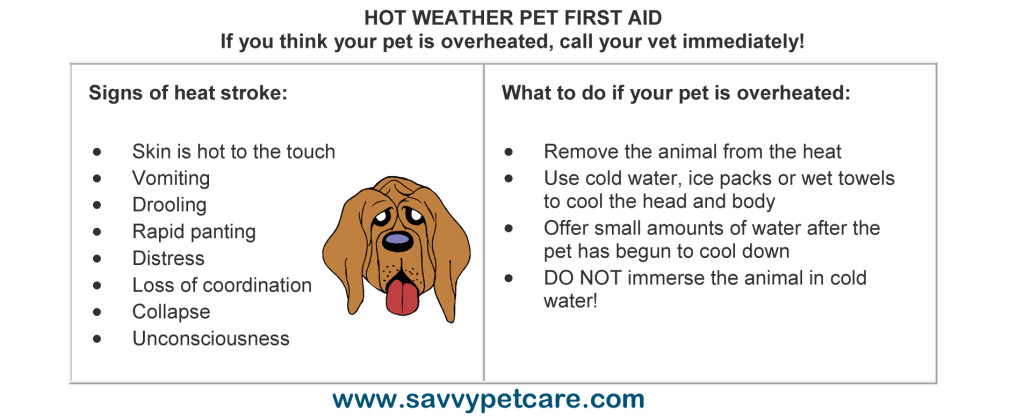
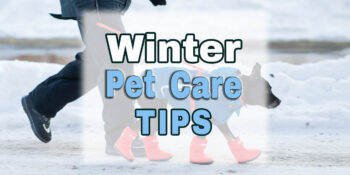


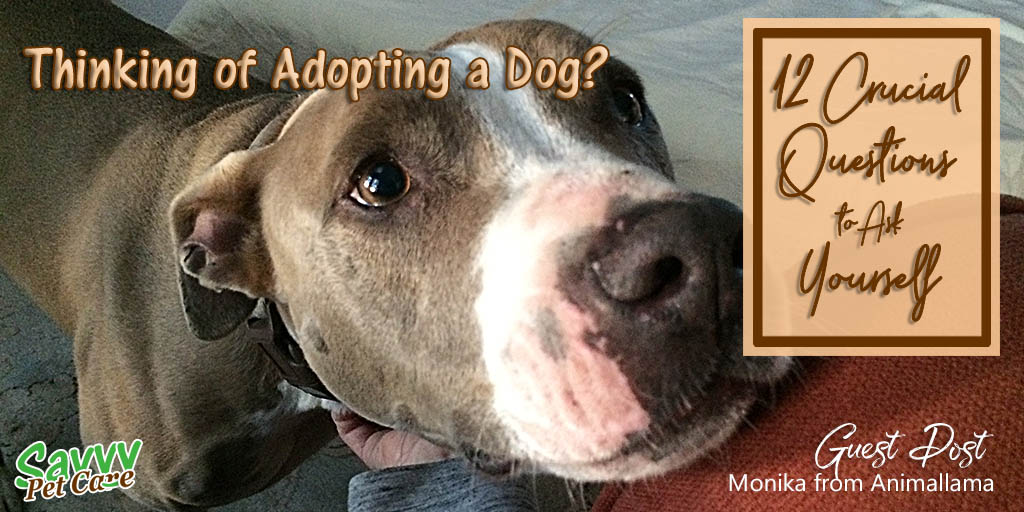



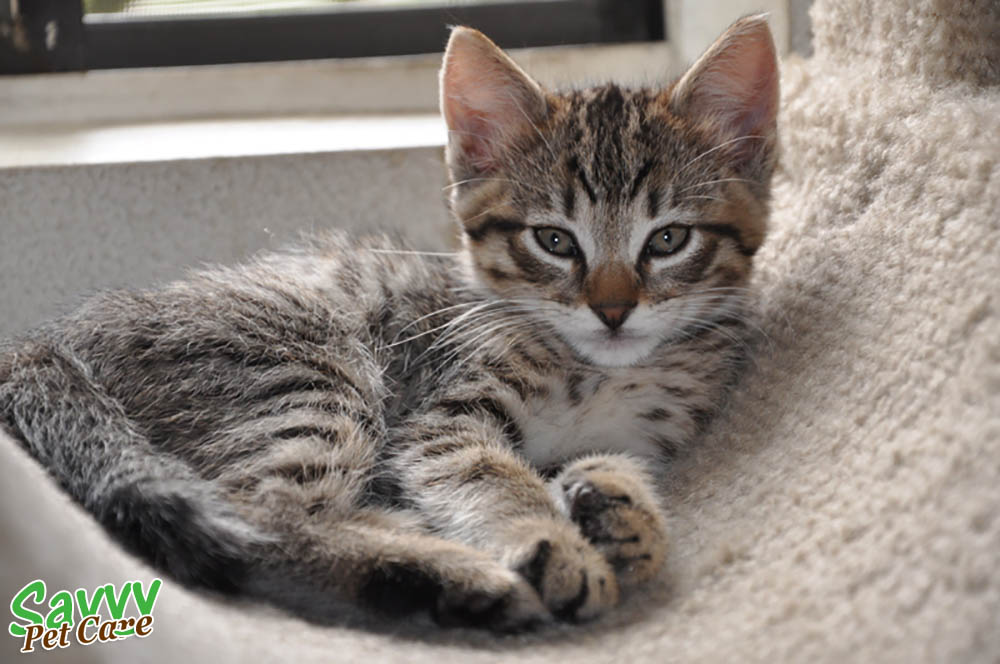



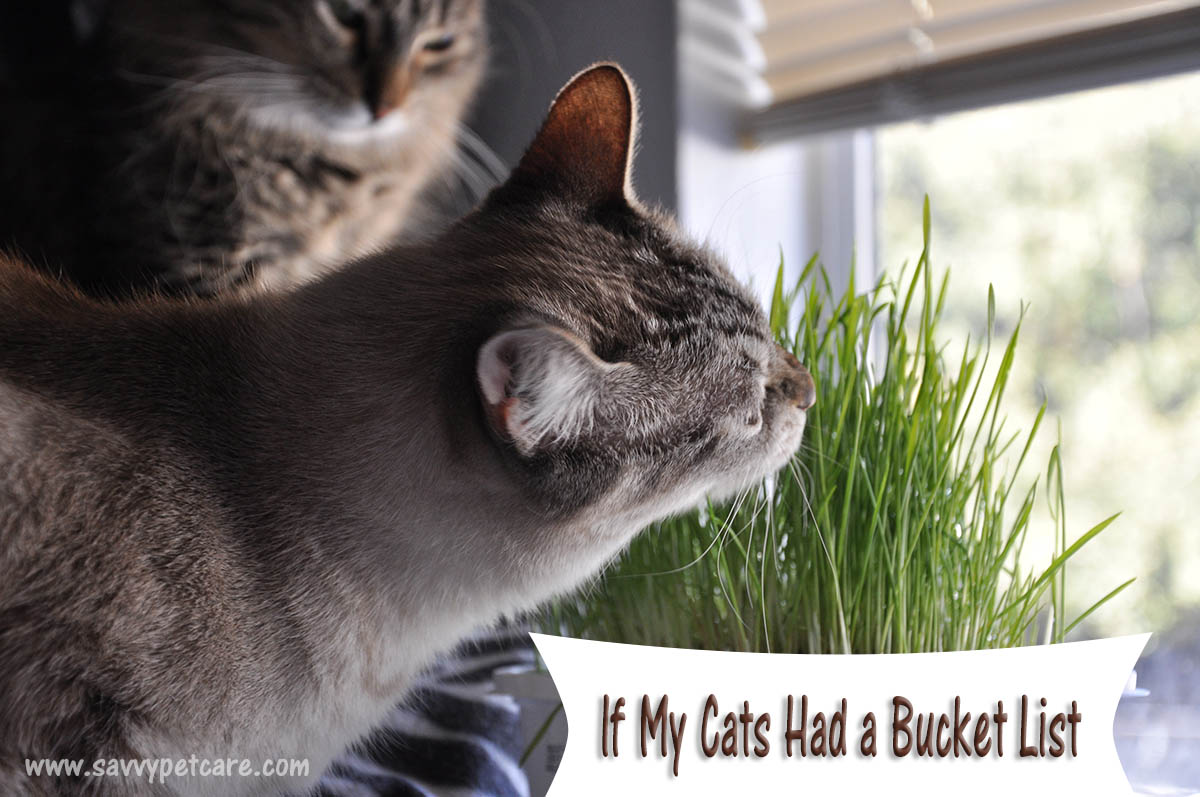


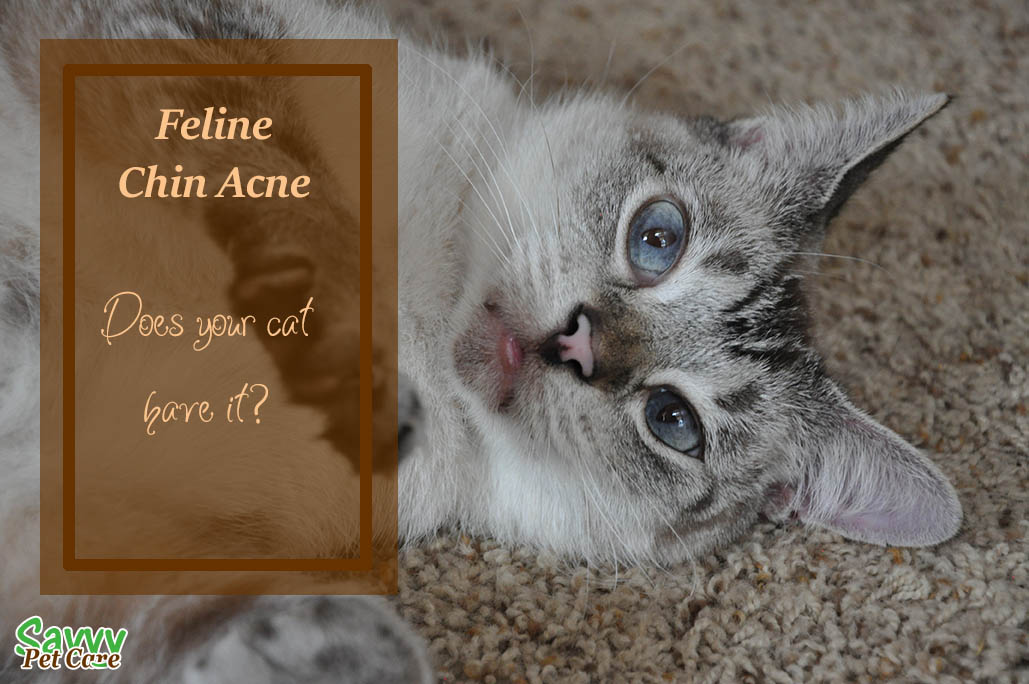



Really very helpful post. My dog usually get sink in summers and that’s why I have got him insured for his illness and injury. But this tips might help and reduce vet visits, they are really costly.